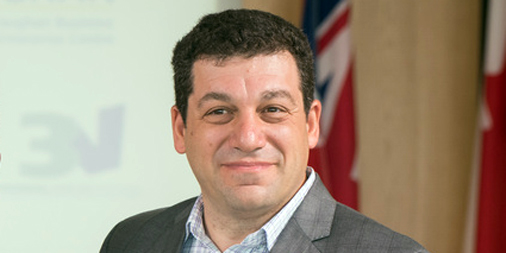Embracing the Smart City Without Losing Our Humanity
Posted on January 04, 2019
The goal of Smart Cities is to leverage new technologies to serve people, promote sustainable development, and make densely populated cities more livable.
Sounds ideal! But are municipalities at risk of handing over too much control to these powerful and rapidly evolving systems?
Around the globe, cities like Toronto are becoming “living labs” where big data-based IT systems, like the Internet of Things (IoT) and smart grid technology, are planned for public spaces. These innovations will impact the urban landscape in many positive ways, optimizing amenities and services while reducing costs and energy use. At the same time, electronic data collection and surveillance technology are a crucial part of Smart City implementation.
Networked sensors are capable of scanning social media data from individual smartphones for targeted advertising and other purposes, raising issues of privacy. “Smart parking” will make parking easier for motorists, yet their identity and location is also tracked — information that can be shared with third parties. Smart grid technologies can indicate specific needs for different communities, but if predictive analytics single out some neighbourhoods for more strident policing, issues of civil liberties arise.
Like any disruptive system, society will have to decide at what point the costs outweigh the benefits. What are the risks of invasive information gathering by electronic means? Will these innovations uphold social values and individual freedoms? Who is held accountable for errors and security breaches? What will be the nature of the relationships between different levels of government, private industry and community members?
These concerns don’t discount the bright future that technology can bring to urban environments. It will take conscientious planning and responsible implementation of Smart City features on the part of municipal leaders, as they join with other stakeholders and meet the new challenges of tech-enriched communities head on.
The issues raised in this story are part of the curriculum in Schulich ExecEd’s new program Smart Cities Leadership (starting March 25, 2019). The program was developed to help participants achieve municipal integration, effectiveness and innovation by deepening their knowledge and insight about what is required to successfully implement SMART initiatives.













